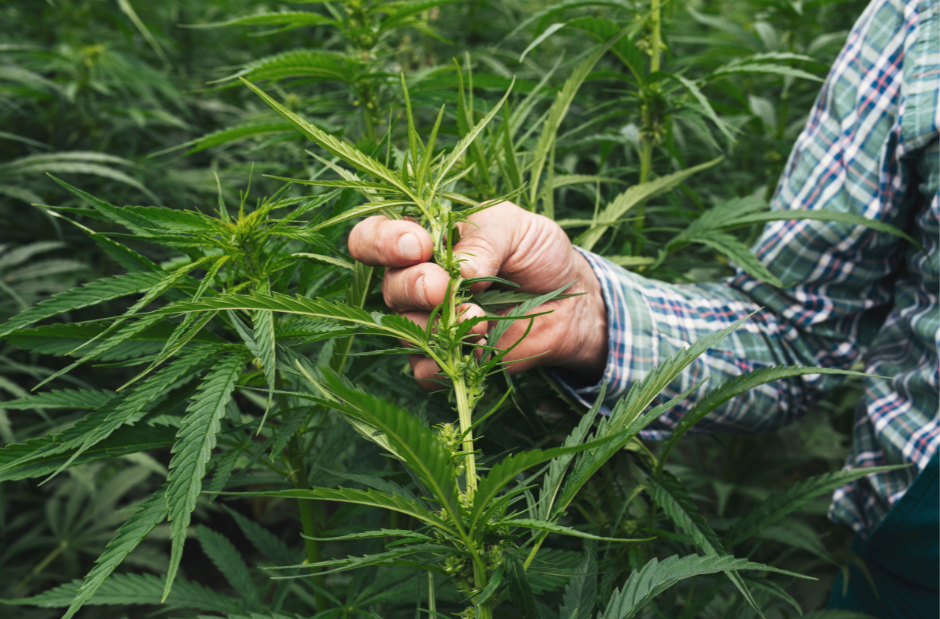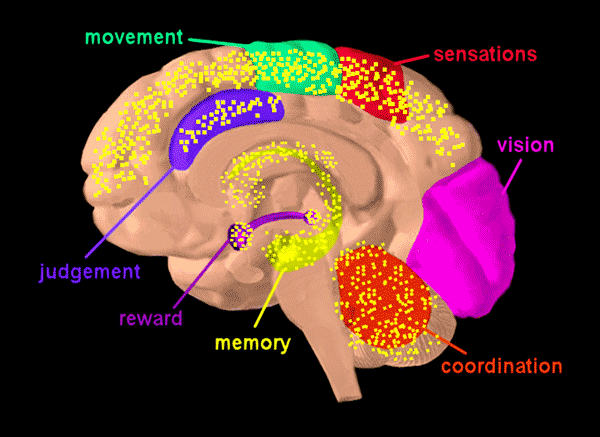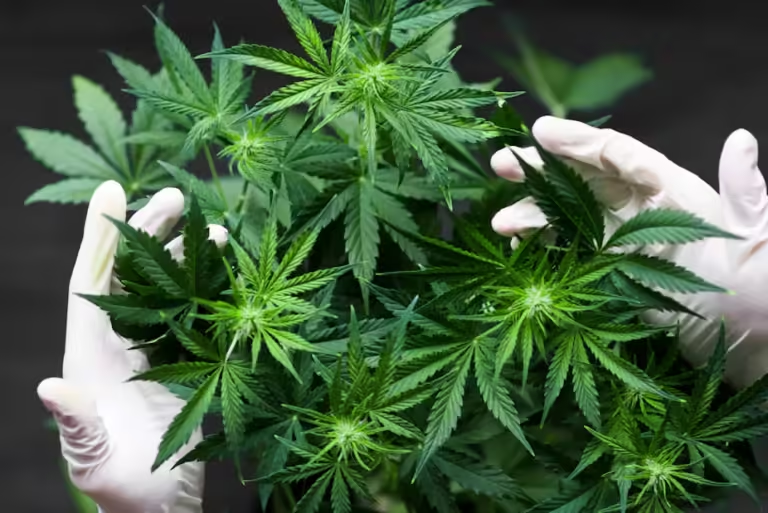How Can Hemp Help Repair Soil?
Over the past decade, climate change and sustainable farming have been at the forefront of discussions about the planet’s future. While some are channeling their efforts into renewable energy, others are dedicated to preserving water resources. There are countless ways to make a positive impact on the environment, and hemp is one of the most promising options.
Hemp is an incredibly versatile plant with a multitude of uses. The surge of hemp biomass has propelled cannabinoid research in medical science, while hemp seeds offer a valuable source of protein and fiber for humans and animals alike. Traditional paper products can now be replaced with eco-friendly hemp fiber, and even homes can be built using hemp-based materials.
With such a wide range of applications, how can hemp play a role in advancing sustainable farming practices and enhancing soil health?
It All Starts at the Roots
In the 1930s, the United States faced an environmental disaster known as the Dust Bowl. Triggered by a mix of severe drought and unsustainable farming practices, vast stretches of farmland experienced devastating soil erosion. The Library of Congress describes how “farmers plowed up prairie grasses to plant dryland wheat. As demand for wheat products surged, cattle grazing decreased, and millions more acres were cleared and cultivated.”
Removing these native grasses left the soil exposed to powerful winds, especially in regions like Kansas and Oklahoma, sparking a destructive chain of events that would later inspire American art and literature.
When native plants are removed, the soil is left vulnerable to erosion. However, sustainable agricultural practices, along with the use of native plants or those with deep root systems—like hemp—can play a crucial role in reinforcing soil and protecting it from future erosion.

How Hemp is Transforming Soil Health
Hemp doesn’t just stabilize soil; it also actively helps repair and rejuvenate it. This remarkable plant absorbs heavy metals, pesticides, and other pollutants from contaminated soil, storing them within its structure until harvested.
For instance, a 2020 study published in GCB Bioenergy highlights, “Research has shown that hemp is capable of phytoextraction of heavy metals and radionuclides, with contaminants being distributed throughout the hemp plant in varying concentrations.”
Advancements in Hemp Research
Recent studies have been delving into hemp’s role in soil remediation, exploring how effectively it can restore damaged land. In a 2022 paper, researchers from the USDA-ARS Western Regional Research Center in California found that industrial hemp efficiently extracts heavy metals from the soil. Their findings emphasized, “Hemp has deep roots and is tolerant to the accumulation of different metals. Additionally, the crop biomass holds commercial potential post-harvest.”
Legalization over the past decade has accelerated research and expanded access to hemp seeds and young plants, enabling new avenues in soil preservation and restoration studies.
The Future of Soil Restoration with Hemp
Hemp shows promise as a powerful tool in soil repair and conservation. It can draw out harmful contaminants and even prevent erosion. However, as research advances, a critical question emerges: What should we do with hemp post-harvest? Each option offers unique advantages, but the right path remains to be seen. The journey of hemp and soil health is just beginning, with much still to discover.






